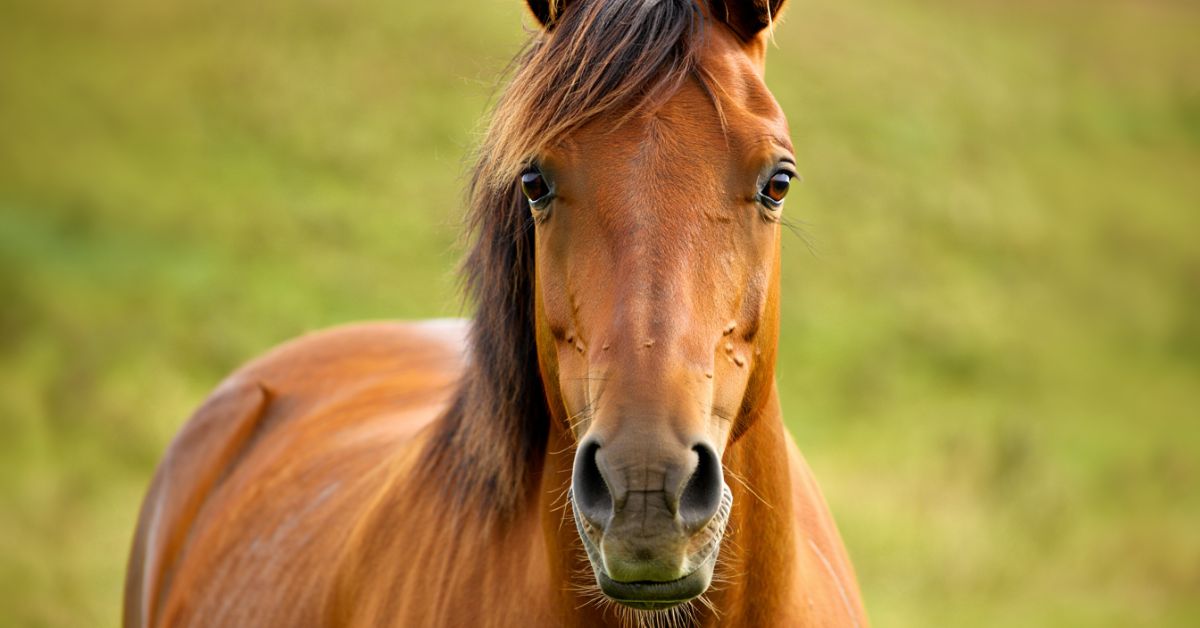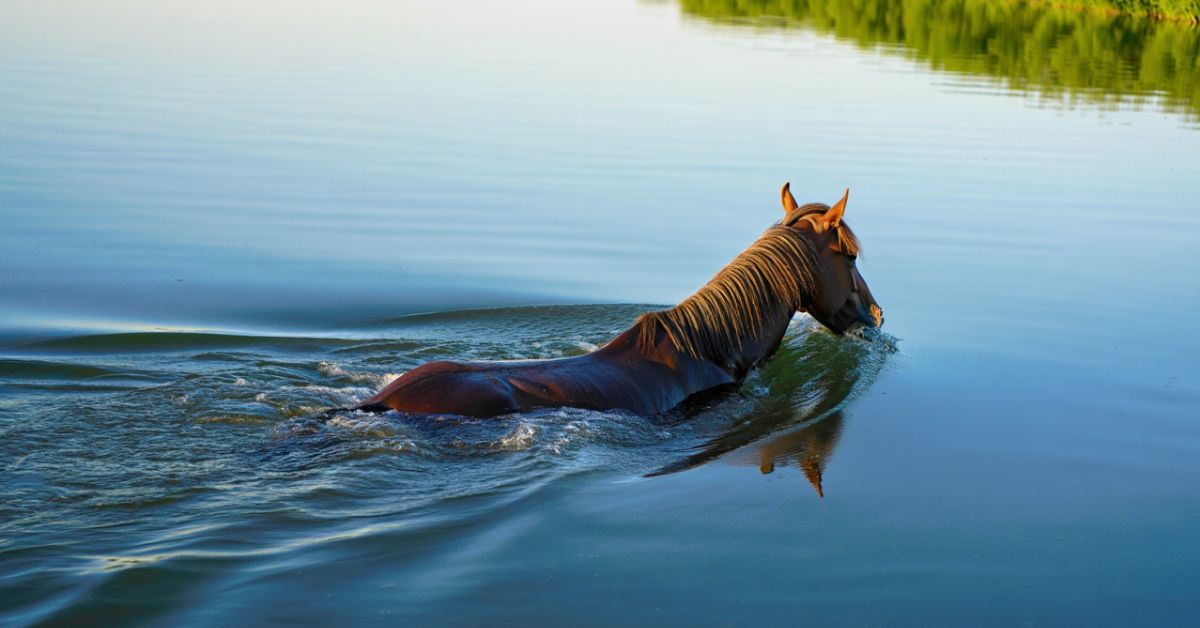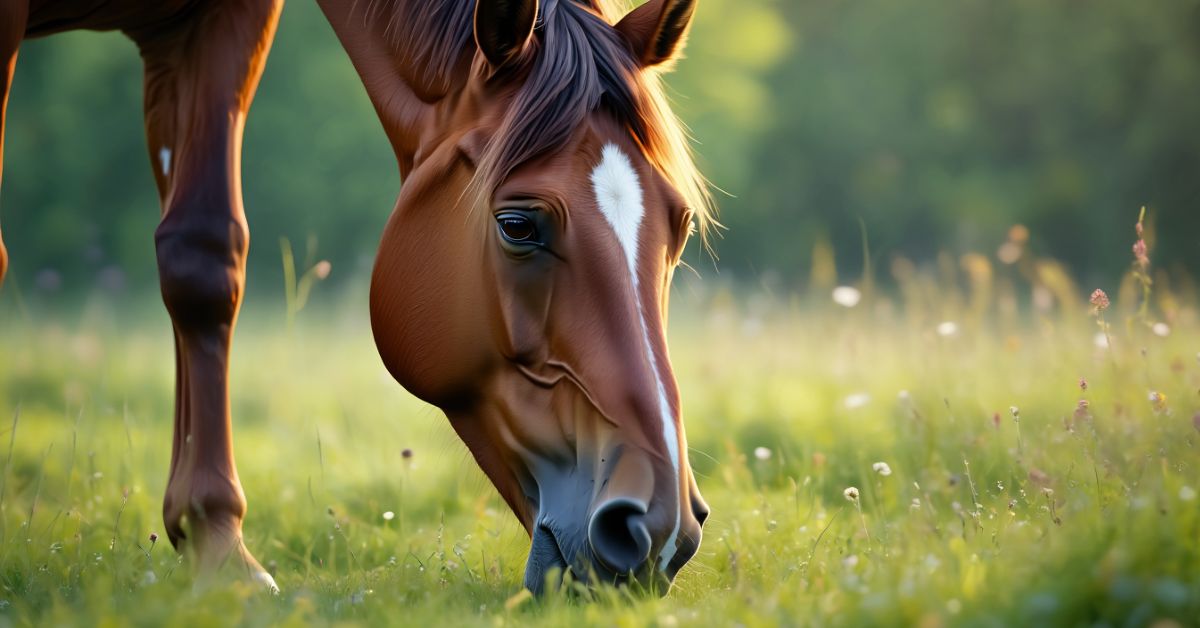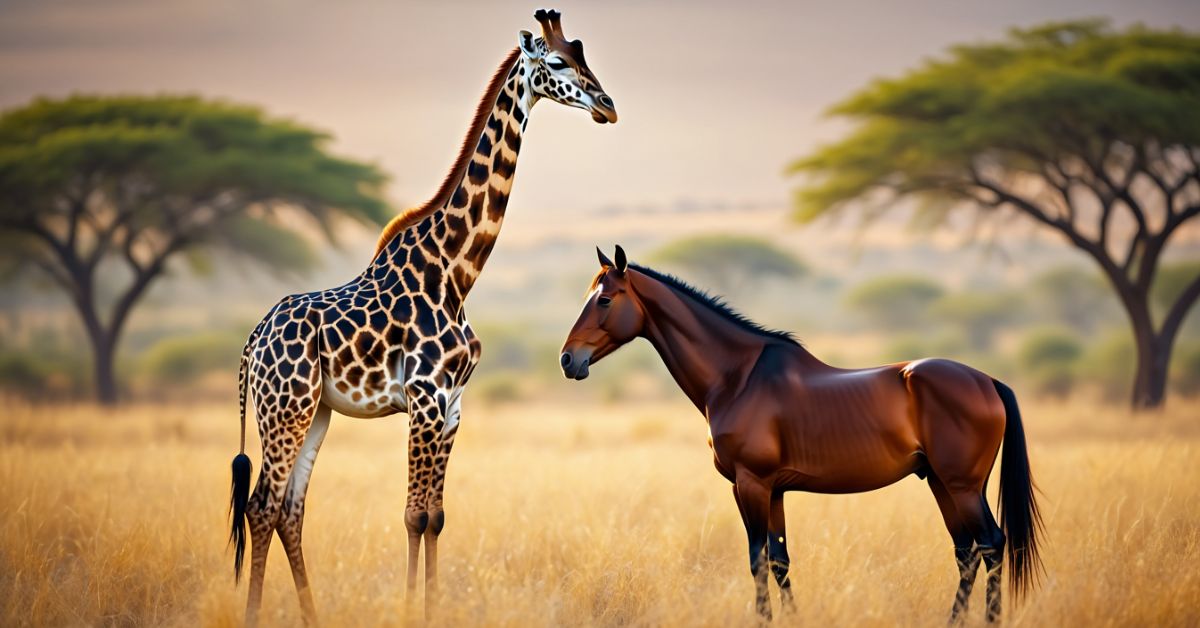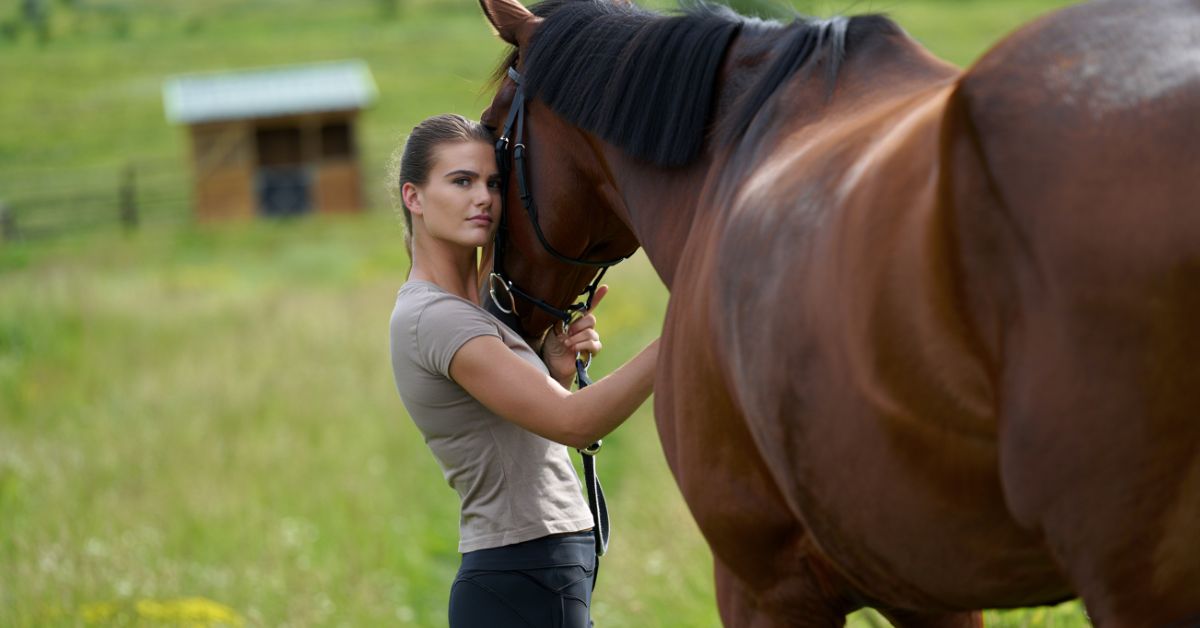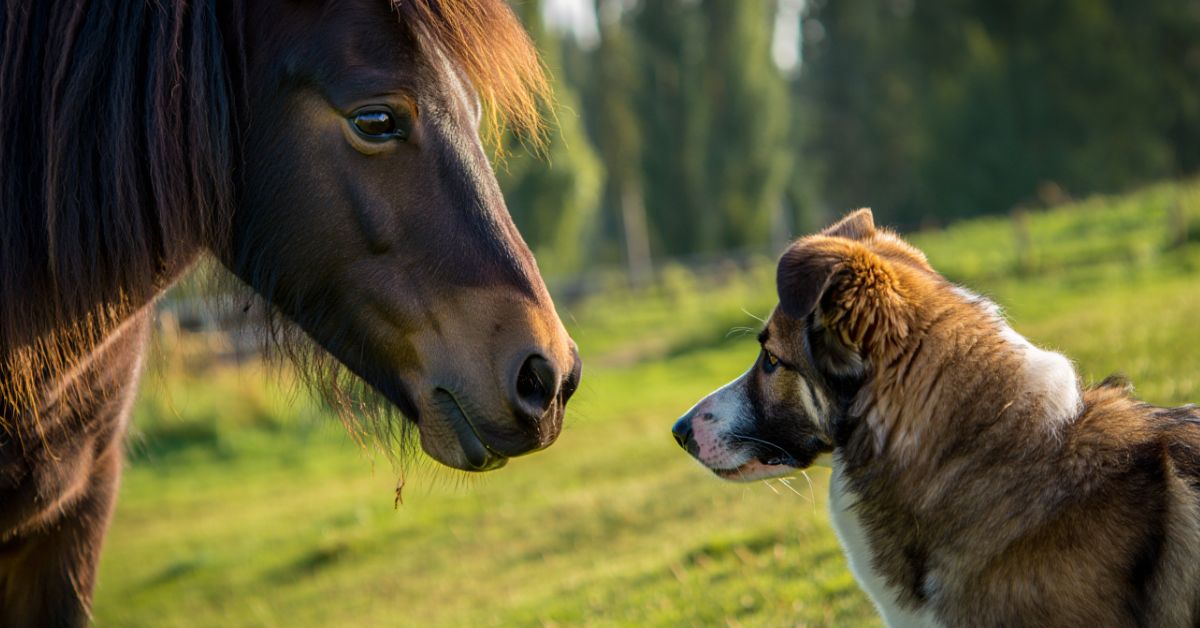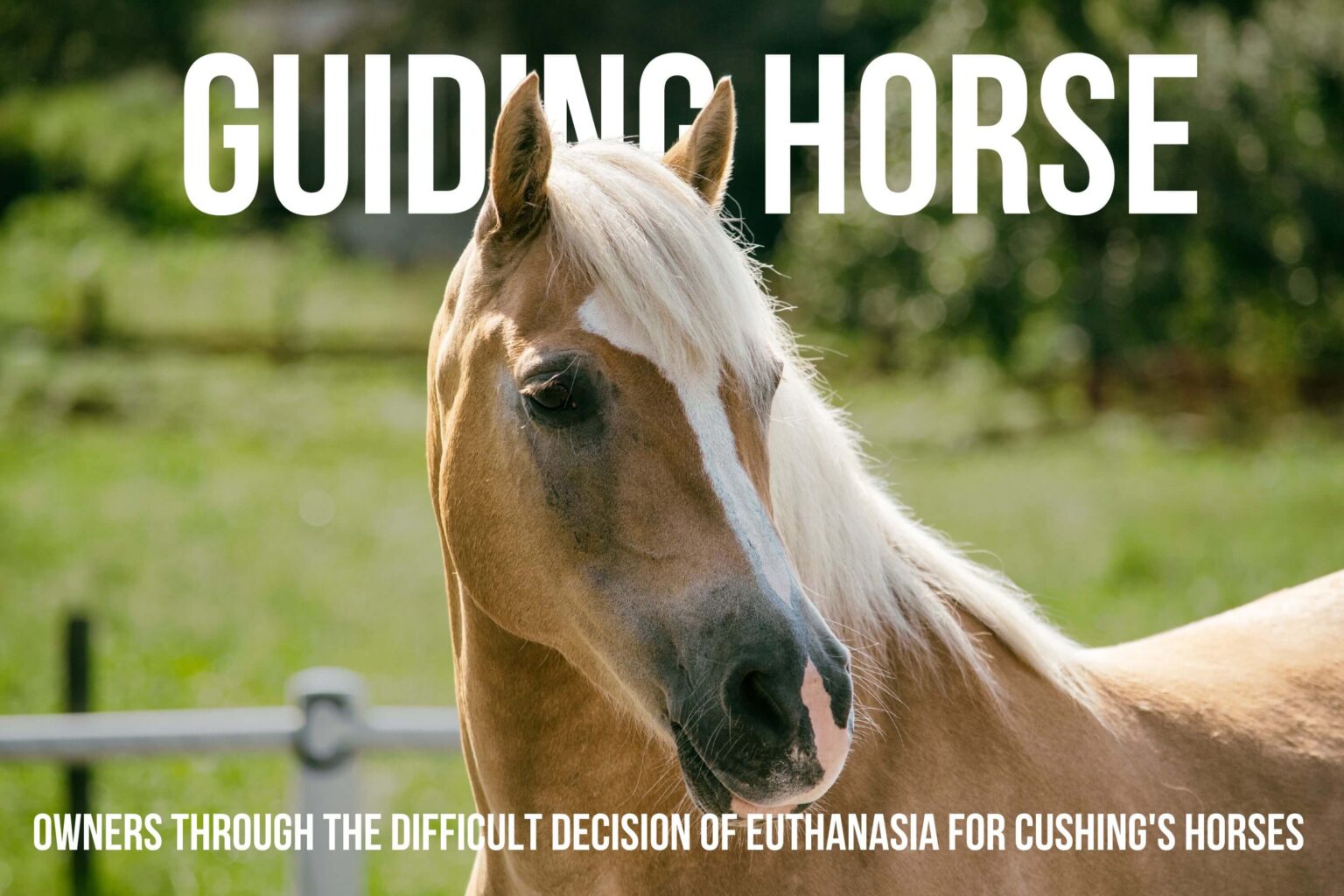
When to Euthanize a Horse with Cushing’s?
Owning a horse is a true joy, but it also comes with difficult decisions – none more so than when a beloved equine companion is suffering from a debilitating condition like Cushing’s disease. As a professional copywriter and SEO expert, I’ve worked closely with veterinarians and horse owners to understand the complexities around euthanizing a horse with Cushing’s. In this comprehensive guide, I’ll walk you through the signs, considerations and compassionate path forward when it’s time to make this heartbreaking choice.
What is Cushing’s Disease in Horses?
Cushing’s disease, also known as pituitary pars intermedia dysfunction (PPID), is a hormonal disorder that commonly affects older horses. It occurs when a horse’s pituitary gland, located at the base of the brain, becomes overactive and produces excessive levels of the hormone cortisol.
This hormonal imbalance can lead to a wide range of symptoms, including:
- Excessive hair growth and failure to shed
- Increased thirst and urination
- Lethargy and lack of energy
- Muscle wasting and pot-bellied appearance
- Laminitis (painful inflammation of the hooves)
- Increased susceptibility to infections
As the disease progresses, the horse’s quality of life can deteriorate significantly, leaving owners to face the difficult decision of whether euthanasia is the most compassionate choice.

Signs It May Be Time to Consider Euthanasia
Determining the right time to euthanize a horse with Cushing’s is highly individualized and depends on several key factors. As an experienced copywriter, I’ve identified the following signs that may indicate it’s time to have an open and honest discussion with your veterinarian:
- Unmanageable Laminitis: Cushing’s-related laminitis that becomes increasingly painful and debilitating, despite comprehensive treatment, is a major red flag. Horses in this state often struggle to stand or move comfortably.
- Severe Weight Loss: When a horse with Cushing’s begins to lose a significant amount of weight, even with proper nutrition, it’s a concerning sign that their body is shutting down.
- Persistent Infections: Horses with Cushing’s have weakened immune systems, making them prone to recurring infections that are difficult to treat. Frequent bouts of illness can greatly impact their quality of life.
- Inability to Regulate Body Temperature: Cushing’s can disrupt a horse’s ability to properly regulate their body temperature. Horses that are constantly shivering or sweating excessively may be in distress.
- Decreased Appetite and Thirst: As Cushing’s progresses, some horses will stop eating and drinking altogether, leading to dehydration and malnutrition.
It’s important to note that the decision to euthanize should never be made lightly. Consulting closely with your veterinarian, who can provide a comprehensive assessment of your horse’s condition and prognosis, is crucial. They can help you weigh the pros and cons and determine the most compassionate course of action.

Preparing for the Final Goodbye
If you and your veterinarian determine that euthanasia is the kindest option for your Cushing’s horse, there are a few important steps to take to make the process as peaceful and comforting as possible:
- Gather Your Support System: Saying goodbye to a beloved horse is an intensely emotional experience. Surround yourself with trusted friends, family members or a grief counselor who can provide comfort and support during this difficult time.
- Create a Calm Environment: Choose a quiet, familiar location for the euthanasia procedure, such as your horse’s stall or a secluded area of the stable. Minimize distractions and ensure your horse is comfortable.
- Spend Quality Time Together: In the days or hours leading up to the procedure, spend as much quality time with your horse as possible. Offer treats, groom them, and simply be present to provide reassurance and love.
- Consider Aftercare Options: Discuss your preferences for aftercare with your veterinarian, such as burial, cremation or donation to a research facility. Having these arrangements in place can ease the burden during this challenging time.
- Allow Yourself to Grieve: Recognize that the loss of a horse is a profound experience. Don’t hesitate to take time to mourn and process your grief in a healthy way, whether through journaling, connecting with a support group, or seeking professional counseling.
Euthanizing a horse with Cushing’s is never an easy decision, but it can be the most compassionate choice when their quality of life has become severely compromised. By approaching this process with empathy, care and a focus on your horse’s well-being, you can ensure a peaceful and dignified farewell.
Frequently Asked Questions
1. How do I know if my horse’s Cushing’s has progressed to the point of needing euthanasia? The signs to look for include unmanageable laminitis, severe weight loss, persistent infections, inability to regulate body temperature, and decreased appetite and thirst. Consult your veterinarian to get a comprehensive assessment of your horse’s condition.
2. What are the treatment options for a horse with Cushing’s disease? Cushing’s in horses is typically managed through medications like pergolide or cyproheptadine, as well as dietary changes and hoof care. However, as the disease progresses, these treatments may become less effective at improving the horse’s quality of life.
3. How can I make the euthanasia process as peaceful as possible for my horse? Create a calm, familiar environment, spend quality time with your horse, and surround yourself with a support system. Work closely with your veterinarian to ensure a compassionate and dignified farewell.
4. What aftercare options are available after euthanizing a horse with Cushing’s? Common aftercare options include burial, cremation, or donation to an equine research facility. Discuss your preferences with your veterinarian to ensure your horse’s remains are handled according to your wishes.
5. How can I cope with the grief of losing a horse to Cushing’s disease? Recognize that the loss of a horse is a profound experience. Allow yourself to grieve, whether through journaling, connecting with a support group, or seeking professional counseling. Remember that your grief is a testament to the love you shared.
